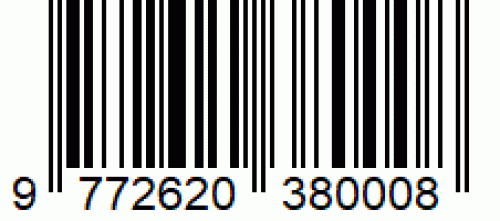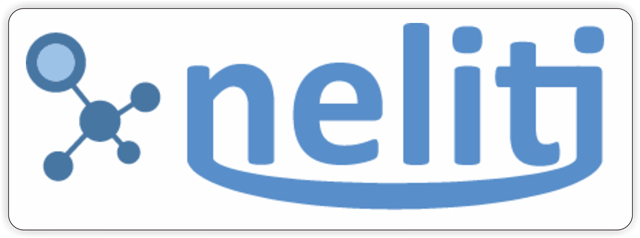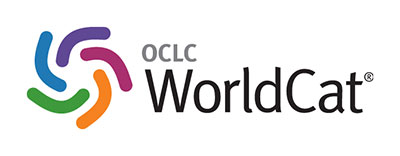- Accreditation
Article Retraction & Withdrawal
In scholarly publishing, it is a fundamental principle that the journal’s Editor holds full and independent responsibility for determining which submitted manuscripts should be accepted for publication. In making these decisions, the Editor is guided by the journal’s editorial board policies and must also adhere to legal requirements concerning libel, copyright infringement, and plagiarism. This principle underscores the importance of maintaining scientific archives as permanent historical records of scholarly contributions. Once an article is published, it should remain available, accurate, and unaltered as far as possible. However, there are rare instances where a published article may need to be retracted or even removed. These actions are taken with great caution and are reserved for extraordinary circumstances. In all such cases, the archives of the Journal of Community Development will retain all versions of the article, including those that have been retracted or removed.
This policy has been designed to address such issues and ensure that best practices are followed within the academic and library communities. As standards evolve, we will periodically review this policy, seeking input from academic and library professionals. We also recognize the need for international standards on these matters and will actively advocate for the establishment of guidelines that can be adopted by the information and publishing industries globally.
Article Retraction
Articles may be retracted due to scientific errors or ethical breaches such as multiple submissions, misrepresentation of authorship, plagiarism, or fraudulent data. Before an article can be withdrawn, a signed statement from the author(s) is required. The retraction process also requires the agreement of all contributing authors before it can be formally issued. Once an article is retracted, a retraction notice will be published and linked to the original article, clearly indicating its cancellation. The notice will also include the reasons for the retraction and who initiated it. The original article will not be removed from the journal’s online or print editions but will be marked as retracted. Additionally, the retraction will be noted in the table of contents.
Article Withdrawal
Article withdrawal is strongly discouraged and is only considered in exceptional cases. It applies to articles that have been accepted for publication but have not yet been formally published, though they may already be available online. Withdrawal may be necessary if the article contains errors, was inadvertently submitted twice, or violates the journal’s ethical publishing guidelines (e.g., multiple submissions, false claims of authorship, plagiarism, or improper use of data). In such cases, particularly where ethical or legal violations have occurred, or if inaccurate data could pose a risk, the article may be withdrawn from the journal’s electronic platform. In these instances, the article’s HTML and PDF versions will be removed and replaced with a notice stating that the article has been withdrawn in accordance with Journal Kurawal's withdrawal policy, along with a link to the policy.
It is important to note that even if an author retains the copyright for their article, this does not grant them the right to withdraw the article after it has been published. The integrity of the published academic record is paramount, and this retraction and withdrawal policy applies in all cases.
Article Removal
In very rare and extreme cases, a published article may need to be removed from the online platform. This will only occur if the article is found to be defamatory, violates another individual’s legal rights, is subject to a court order, or poses a serious health risk if acted upon. In such circumstances, the article’s metadata (such as the title and author details) will remain, but the text will be replaced with a notice indicating that the article has been removed for legal reasons.
Article Replacement
In cases where an article, if acted upon, could pose a serious risk, the author may choose to retract the original article and submit a corrected version. In such instances, the removal procedure mentioned above will be followed, with the added step of republishing the corrected version. The retraction notice will contain a link to the revised article, and the document’s publication history will be preserved.



















